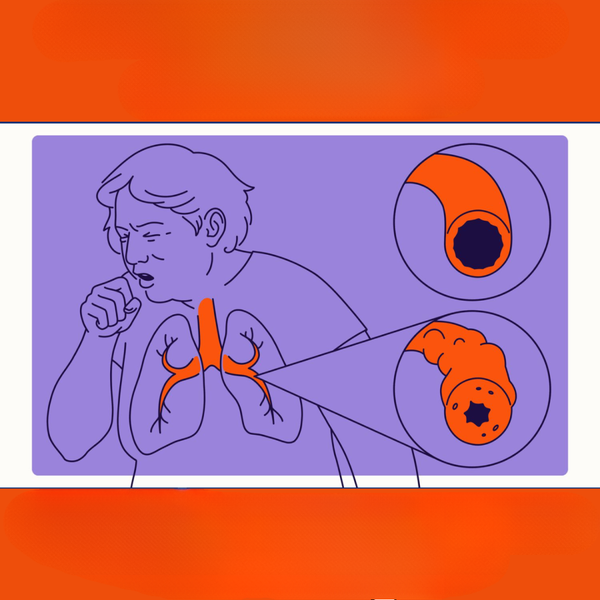Understanding HIV: Key Signs That May Indicate an Early Infection
HIV is a virus that attacks the body’s immune system, specifically targeting CD4 cells (T cells), which help fight infections. If left untreated, HIV can lead to AIDS. In its early stages, symptoms may be mild or easily mistaken for common illnesses, which makes early detection critical. Recognizing the warning signs of HIV allows for timely testing, access to treatment, and a better chance at long-term health management.

How Does Acute HIV Infection Initially Present in the Body?
Acute HIV infection, the first stage of the virus, typically occurs within 2-4 weeks after exposure. During this phase, the virus rapidly multiplies in the body, leading to high viral loads and increased infectivity. The immune system responds to this viral invasion, often resulting in a collection of symptoms that may be mistaken for other illnesses. Many people experience fever, fatigue, and muscle aches as their body attempts to fight the infection.
What Are the Characteristic Flu-Like Symptoms in Early HIV Cases?
Early HIV symptoms commonly mirror those of influenza, which can make initial identification challenging. These symptoms typically include:
-
Fever and chills
-
Severe fatigue
-
Headaches
-
Sore throat
-
Muscle and joint pain
-
Skin rash
These symptoms usually appear within 2-6 weeks after exposure and may last for several weeks. However, not everyone experiences these symptoms, and some individuals may remain asymptomatic during the acute phase.
Why Should You Monitor Unexplained Weight Loss and Night Sweats?
Unexplained weight loss and night sweats are significant indicators that warrant attention. These symptoms often develop as the infection progresses and can be accompanied by:
-
Loss of appetite
-
Persistent fever
-
Excessive sweating, particularly at night
-
Unexplained fatigue
-
Rapid weight loss without dietary changes
These symptoms may indicate that the virus is affecting the body’s metabolic processes and immune response.
How Do Recurring Infections and Swollen Lymph Nodes Signal HIV Progression?
As HIV affects the immune system, individuals may experience:
-
Persistent swollen lymph nodes in the neck, armpits, or groin
-
Frequent minor infections that seem harder to clear
-
Oral thrush or other fungal infections
-
Recurring respiratory infections
-
Skin problems or unusual rashes
These symptoms often indicate that the virus is compromising the immune system’s ability to fight off common infections effectively.
What Role Does Early Testing and Diagnosis Play in HIV Management?
Early testing and diagnosis are fundamental to successful HIV management. Benefits of early detection include:
-
Immediate access to antiretroviral therapy (ART)
-
Better preservation of immune function
-
Reduced risk of transmission to others
-
Improved long-term health outcomes
-
Earlier intervention for potential complications
Healthcare providers recommend HIV testing for anyone who may have been exposed or experiences suspicious symptoms.
This article is for informational purposes only and should not be considered medical advice. Please consult a qualified healthcare professional for personalized guidance and treatment.




